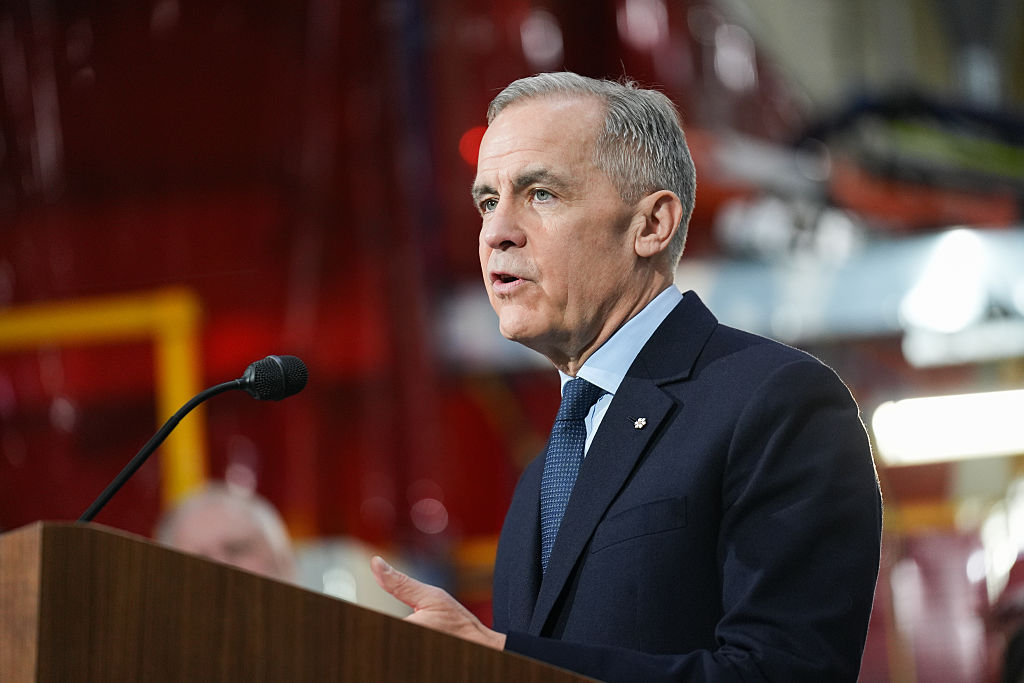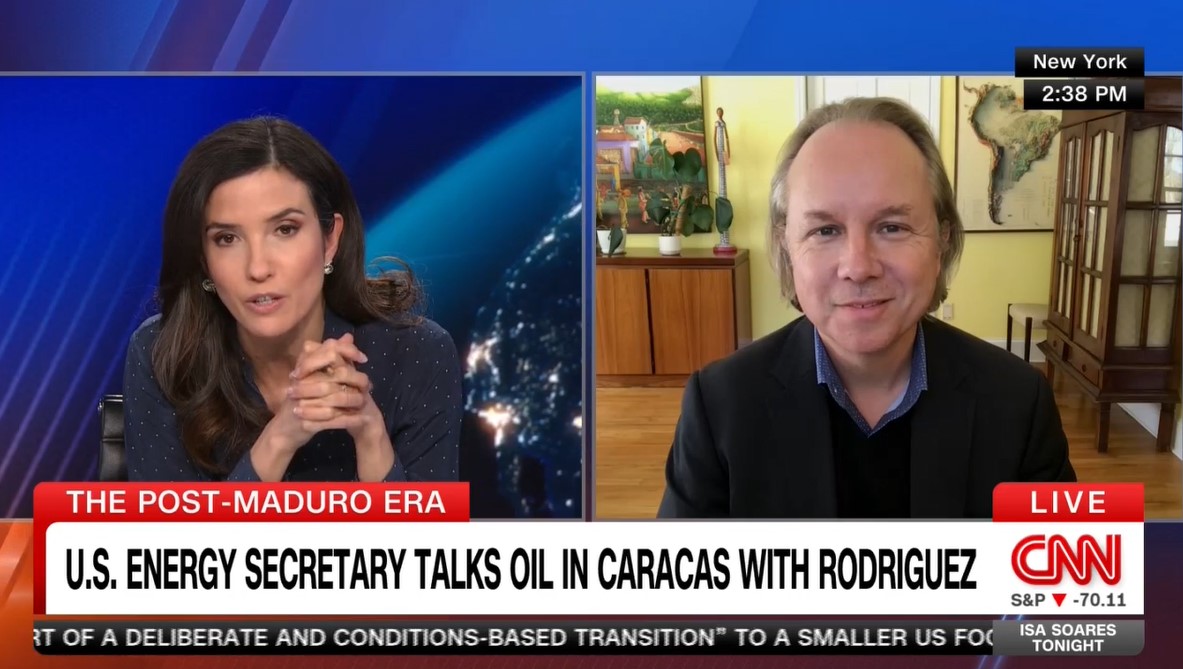Amid Mixed Expectations, Venezuela Joins Mercosur
Amid Mixed Expectations, Venezuela Joins Mercosur
The Andean country becomes a full member of the regional bloc on July 31. Will the new membership increase trade among members, or jeopardize the organization?
Venezuela will finally become a part of one of Latin America’s biggest trade blocs and customs unions, creating the possibility for increased trade with the Southern Cone. The Andean country becomes a full member of the Southern Common Market (abbreviated to Mercosur in Spanish) at a ceremony in Brasilia on July 31. Venezuelan officials say joining Mercosur offers economic advantages, though Argentina and Brazil could be the main beneficiaries from potential tariff reductions. However, analysts say Venezuela’s political ambitions and economic realities could inhibit the bloc.
Venezuela’s Mercosur membership is years in the making. Though Mercosur approved Venezuela as a fifth member in 2006, Paraguay’s Congress had not voted to approve its membership. But the regional bloc voted to suspend Paraguay after the rapid impeachment of that country’s president on June 22 (The country must hold democratic elections in April 2013 in order to rejoin.). The move paved the way for Mercosur’s June 29 decision to allow Venezuela to become a member of the economic group. Venezuela will now join Argentina, Brazil, and Uruguay in the bloc.
The Venezuelan government says the country’s inclusion in Mercosur will bring economic benefits. President Hugo Chávez contends the new membership will create 240,000 jobs, as well as lower the cost of agricultural imports from Mercosur countries. Foreign Relations Minister Nicolás Maduro says the move will strengthen the regional bloc’s power. Venezuela will also gain access to negotiations for free trade and preferential trade deals—including talks for a free trade agreement with the European Union. That means Venezuela will have bargaining power and could veto future trade agreements.
Argentina and Brazil also stand to benefit from Venezuela’s inclusion in the bloc. The two countries could expand trade, especially in agriculture, given the Andean country’s dependence on imports. Venezuela is Brazil’s third largest export market in Latin America; Brazilian exports to Venezuela reached $4.6 billion last year—a 21 percent increase from 2010. Brazil is keen for Venezuela to apply Mercosur’s common external tariff, which would reduce import taxes on 200 types of products.
Argentina, too, has growing commercial ties with Venezuela and saw bilateral trade rise by approximately 280 percent over the past six years. Argentina could benefit from the reduction in oil tariffs in order to buy petroleum at lower prices. Chávez also announced that Venezuela plans to export more oil to Argentina, and that Venezuela could begin oil exploration and production in Argentina.
But some believe the bloc may not have as large an economic impact as expected. “Our entrance has a political component…and very little (or no) economic logic,” Venezuelan economist Luis Oliveros wrote for El Universal. “As always, politics and favoritism prevail over economic logic. With the conditions in which the Venezuelan private sector finds itself and operates today, what can it sell in Mercosur?” Also, Venezuela’s membership could affect the regional organization’s focus. As Latin American political analyst James Bosworth says in Americas Quarterly’s blog: “If Venezuela's entry means Mercosur is focused on political rhetoric, it will have less time for real economic integration. Brazil needs to keep a focused agenda at Mercosur to prevent it from being another platform for Venezuela’s noisy but ineffective diplomatic games.” Expressing his misgivings, Uruguay’s Vice President Danilo Astori said Venezuela’s membership could have serious consequences for the future of Mercosur, and weaken it as an institution. However, some believe Venezuela’s entry to Mercosur is a way for Brazil to bring Chávez into the fold and rein him in. “Chávez will lose a degree of the freedom he once had in international negotiations,” said Argentine analyst Dante Sica.
Learn More:
- Read an Americas Quarterly blog post on what Venezuela’s Mercosur membership will mean for Brazil.
- See the official release from Mercosur announcing Venezuela’s entrance to the bloc.
- Read about the potential consequences of Venezuela’s membership to Mercosur from Bloggings by Boz.








